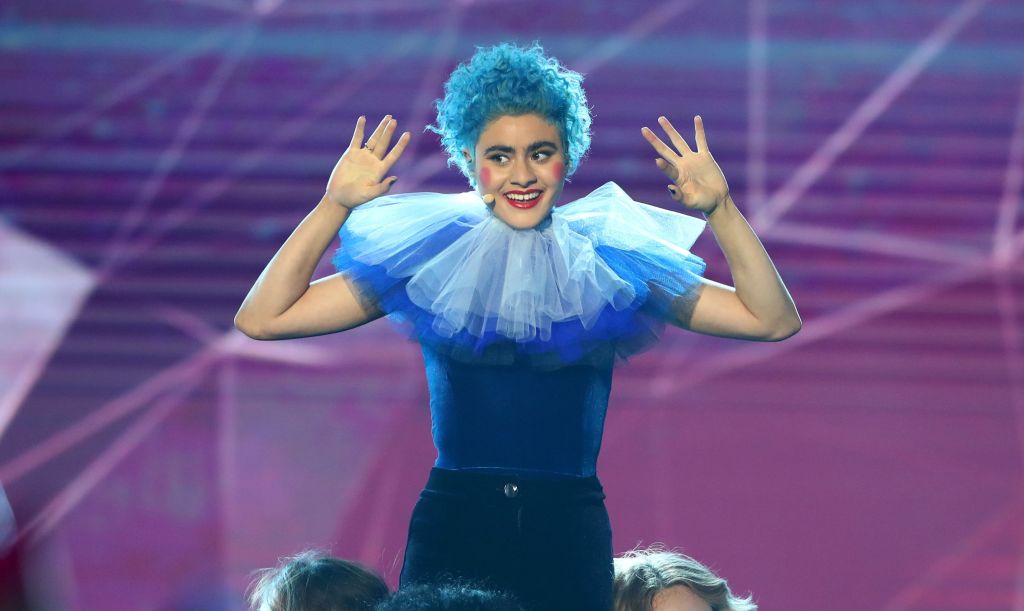This year’s Eurovision Song Contest has been cancelled in light of COVID-19 fears. It was set to go ahead at Rotterdam’s Ahoy Arena in the Netherlands.
The venue has a capacity of 16,000, with the competition’s final originally due to take place on Saturday, 16th May.
Eurovision broke the news in an official statement last night.
“Over the past few weeks, we have explored many alternative options to allow the Eurovision Song Contest to go ahead,” organisers said.
“However, the uncertainty created by the spread of COVID-19 throughout Europe – and the restrictions put in place by the governments of the participating broadcasters and the Dutch authorities – means the European Broadcasting Union (EBU) has taken the difficult decision to not continue with the live event as planned.
“We are very proud that the Eurovision Song Contest has united audiences every year, without interruption, for the past 64 years and we, like the millions of fans around the world, are extremely saddened that it can not take place in May.
“We ask some patience as we work through the ramifications of this unprecedented decision and patiently await further news in the coming days and weeks.
Eurovision’s Executive Supervisor, Jon Ola Sand said, “We are very proud of the Eurovision Song Contest, that for 64 years has united people all around Europe.
“We regret this situation very much, but I can promise you: the Eurovision Song Contest will come back stronger than ever.”
The Eurovision team are reportedly talking about staging next year’s contest in Rotterdam. Although, it’s not currently known what that will mean for this year’s contestants.
There were artists from 41 different countries performing at the Eurovision Song Contest, including our own Montaigne.
The cancellation of the 2020 event marks the first cancellation in 64 years. As Pedestrian pointed out, the contest has survived both the Cold War and Chernobyl’s disaster.
Eurovision shared the statement alongside an FAQ on the cancellation.
Responding to why Eurovision cannot be held remotely this year, organisers said, “It’s in the DNA of the Eurovision Song Contest to bring delegations, artists and fans together in one place and provide an equal platform for all artists to compete together on the same stage and the same opportunity to shine.
“We felt that under the extreme circumstances we face this year, organizing the Eurovision Song Contest in another way would not be in keeping with our values and the tradition of the event.”












